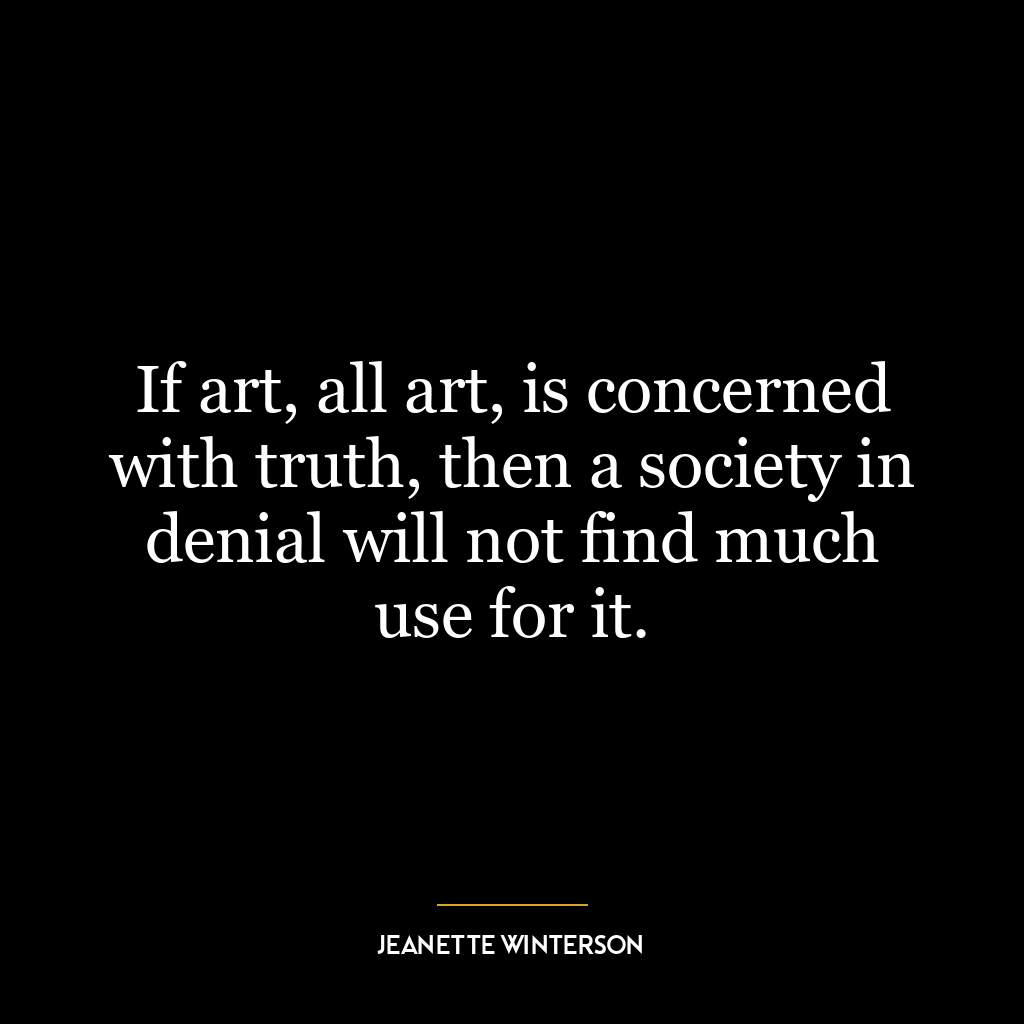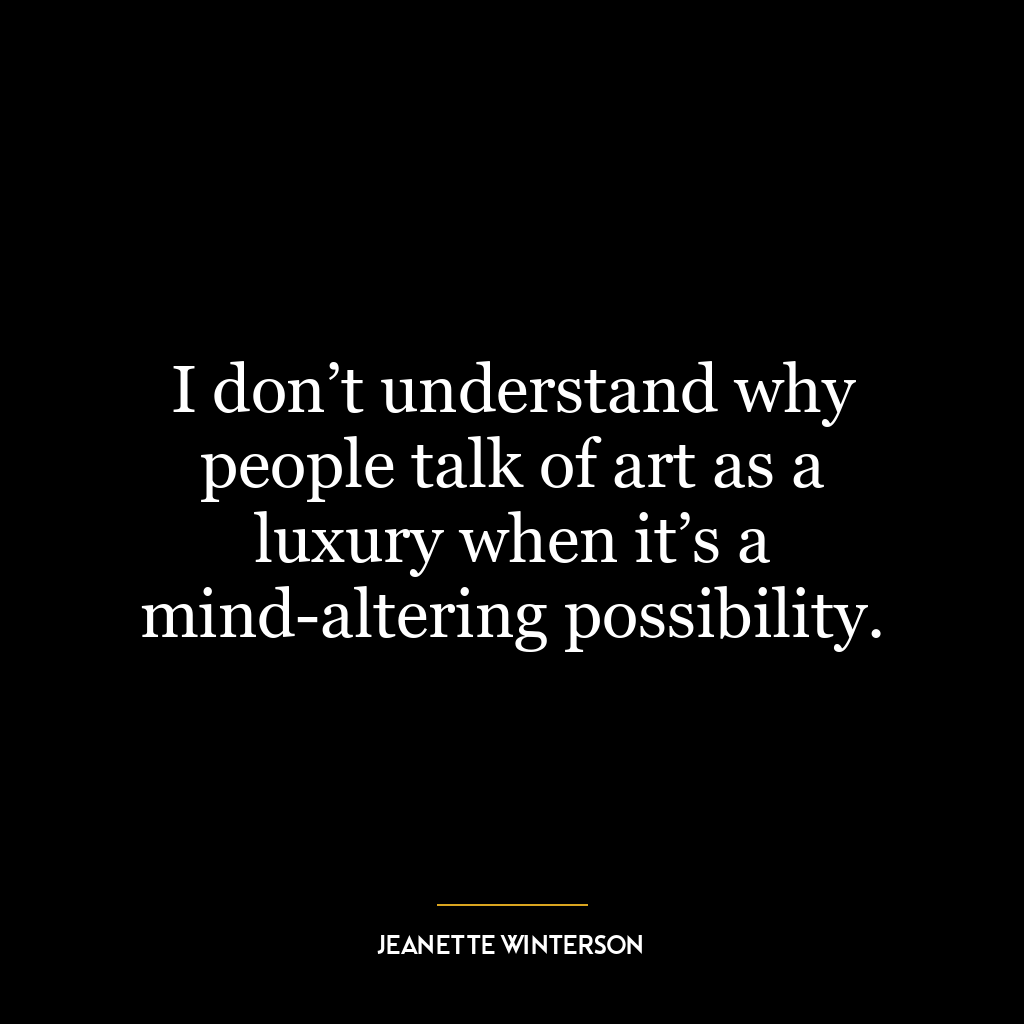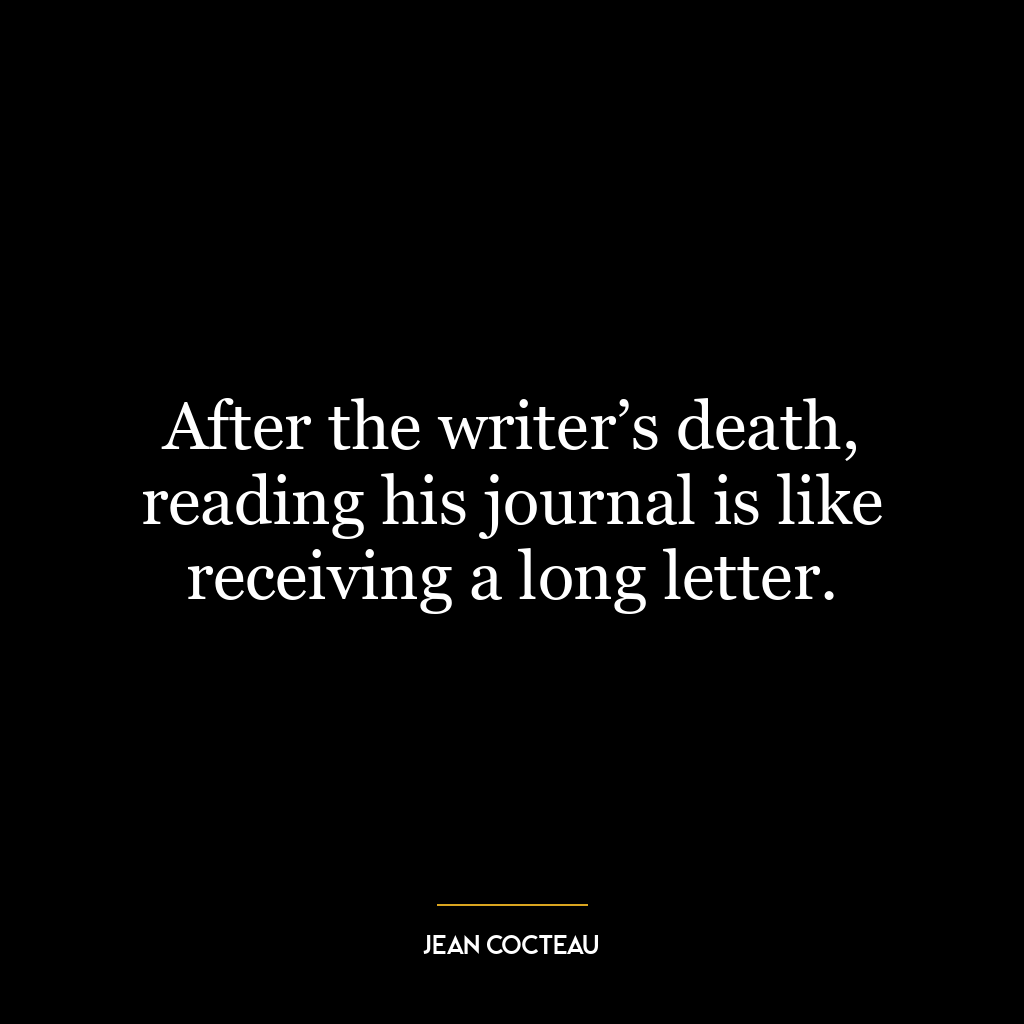This quote suggests that the person who is most detached or distant from their own time period, culture, or society is actually the one who can reflect it the most accurately. This is because they have the ability to observe it from a neutral standpoint, without being influenced or biased by its norms, values, or ideologies. They are not caught up in the prevailing trends or fashions, but rather can see them for what they are. In a sense, they are like a mirror, reflecting back the reality of their age without distortion.
In terms of personal development, this could mean that the more we distance ourselves from our own biases, preconceptions, and the influence of our environment, the more clearly we can see and understand ourselves, our society, and our place in it. We can become more objective observers of our own lives, able to make better decisions and choices.
In today’s world, this idea can be applied in many ways. For example, in the age of social media, it’s easy to get caught up in the latest trends, controversies, or viral moments. But if we stand back and observe from a distance, we might see a different picture. We might see how these trends reflect deeper societal issues, or how they are shaped by certain power structures or ideologies. The same can be said for politics, where the person who is not deeply entrenched in a particular party or ideology may be able to offer the most insightful analysis.
This perspective can also be applied to the world of art and culture. Artists, writers, and filmmakers who stand apart from mainstream culture often create works that provide the most incisive commentary on that culture. They are able to see and depict aspects of our society that those within it may be blind to.
Overall, this quote encourages us to take a step back, to observe rather than participate, and to think critically about our surroundings. It suggests that by doing so, we can gain a deeper understanding of our world and ourselves.












